How to Buy and Export Non-Knit Men’s Suits from Zimbabwe
How to Buy and Export Non-Knit Men’s Suits from Zimbabwe
Vastly off-the-beaten path and largely untapped by the international apparel market, Zimbabwe is a land of opportunity for those willing to invest time and resources into its burgeoning menswear market. This article will explain how you can buy and export non-knit mens suits from Zimbabwe without compromising your company’s standards or risking your reputation. Men’s suits from Zimbabwe are an excellent opportunity for companies looking to diversify their product offerings with little investment required. While it’s highly unusual for a clothing manufacturer to produce non-knit garments, the unique geographies and cultures of Zimbabwe make this an ideal place for them to thrive. Keep reading to get a detailed overview of how you can buy and export non-knit mens suits from Zimbabwe.
The Basics of Buying and Exporting Non-Knit Suits from Zimbabwe
Zimbabwe is a southern African country with a tropical climate. It’s relatively isolated, making it a harder place to service than other African nations. Despite its remoteness, though, Zimbabwe offers numerous advantages to clothing importers. The currency of the country is the Zimbabwean dollar. The official language is English, but there are several others spoken as well. Zimbabwe has a largely non-sewing manufacturing sector, which makes it a great place to get non-knit mens suits manufactured. The country is also known for producing high-quality garments. In fact, Zimbabwe has a long history of supplying the African market with apparel.
Understanding the Culture of Zimbabwe
Zimbabwe’s culture is largely rooted in its history as a former British colony. That’s why the country’s official language is English. The majority of Zimbabweans are Christian, with the majority of them following Anglican and Catholic denominations. There are two distinct periods that define the country’s modern history. The first is the Rhodesia era, when the region was a British colony known as Southern Rhodesia. The second is the Zimbabwe era, which began after the country declared its independence from Britain in 1980. As the name suggests, the Zimbabwe era is characterized by a growing Zimbabwean culture. Zimbabwe’s culture is becoming increasingly globalized. However, traditional African cultures still have a strong presence.
How to Find a Suitable Manufacturer in Zimbabwe
Zimbabwe has a large number of garment manufacturers that offer excellent terms. However, you must carefully screen them in order to find a trustworthy and reputable partner. There are a few key things to consider when vetting potential manufacturers. – Sourcing – A reputable manufacturer will have a sourcing strategy that takes into account the unique requirements of your industry. Apparel manufacturers in Zimbabwe often source fabrics from the Asian countries, so it’s helpful to partner with one that has experience in the non-knit mens suits market. – Experience – The best manufacturers in Zimbabwe have a wide range of experience serving clients in the non-knit mens suits market. This will make them familiar with your industry’s nuances, like the critical importance of fit. – Capacity – The best manufacturers in Zimbabwe have enough capacity to meet the needs of a wide range of clients. By partnering with them, you’ll have the option to use them for other products in the future.
The Key Step Before You Buy: Finding the Right Samples
Before you buy non-knit mens suits from Zimbabwe, you must source the right samples to ensure you select the best fabrics for your product. The best way to do this is to travel to Zimbabwe and conduct sourcing in person. This will provide you with an opportunity to forge relationships and make strategic connections in the industry. You can use the connections you make to secure samples from the best mills in the country. When you visit the mills, be sure to bring your own swatches. This will allow you to select the exact fabrics you want for your product. The right fabrics will help you produce a high-quality product that will ensure your company’s reputation is preserved and enhanced as you expand into new markets.
Launching a New Product From Zimbabwe
Once you’ve found a great manufacturer and sourced the right fabrics, you’re ready to buy non-knit mens suits from Zimbabwe. Be sure to communicate clearly with your manufacturer throughout the entire production process to ensure they know your expectations. This is particularly important when dealing with non-knits, as they have a very different construction process than woven fabrics. Zimbabwean garment manufacturers have excellent quality control standards. Therefore, it’s unlikely that your order will be rejected once it’s ready for export. However, it’s still a good idea to make sure the garments meet your company’s standards before shipping to Western markets. Once your order is ready, you can export it to Western markets using a logistics company. By partnering with a company that has experience shipping non-knits, you can minimize the risk of damage to your product during transportation. Once your order arrives, it’s ready to be sold in stores.
Bottom Line
Zimbabwe is the perfect place to get non-knit mens suits manufactured. The garments have a unique construction method that makes them ideal for warmer climates, and the country offers excellent quality control and a wide range of fabrics. By carefully vetting your manufacturing partners and conducting sourcing in person, you can ensure your product meets your company’s standards. The best non-knit mens suits are a great way to diversify your product offerings without taking a lot of risk.


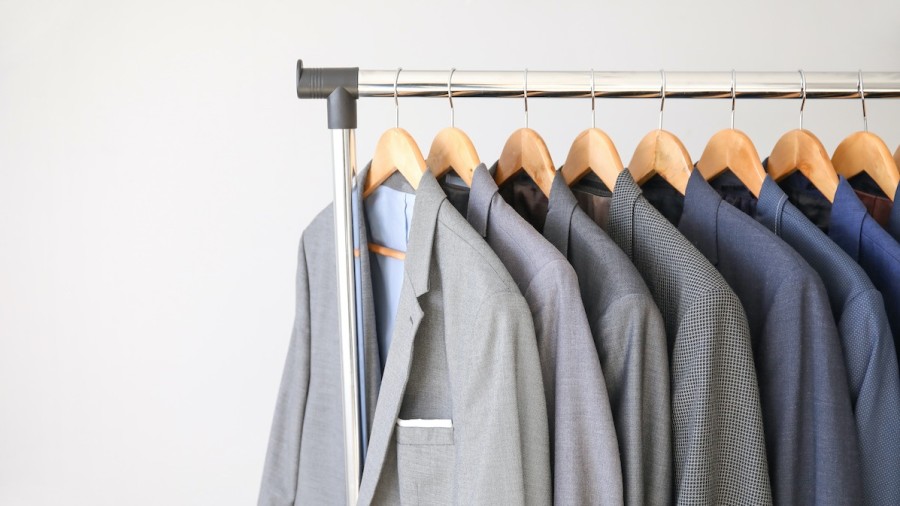

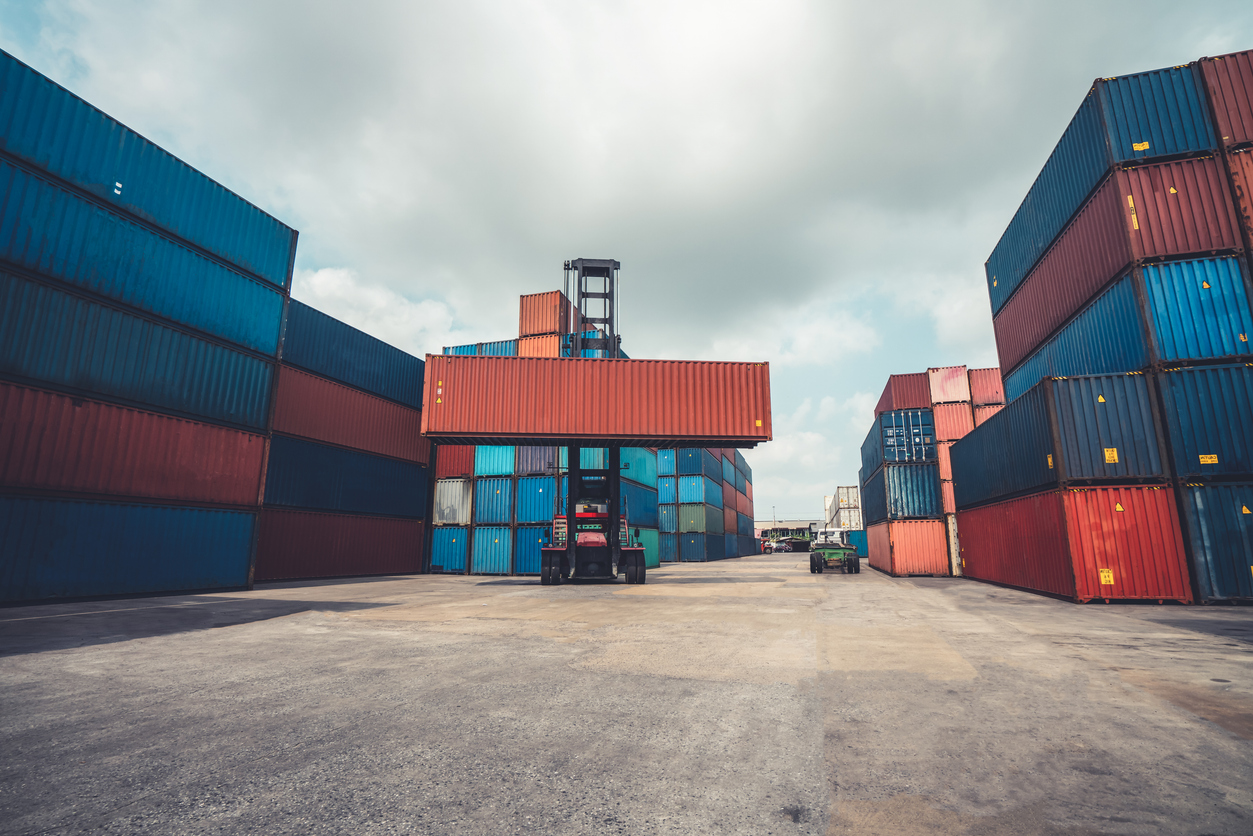
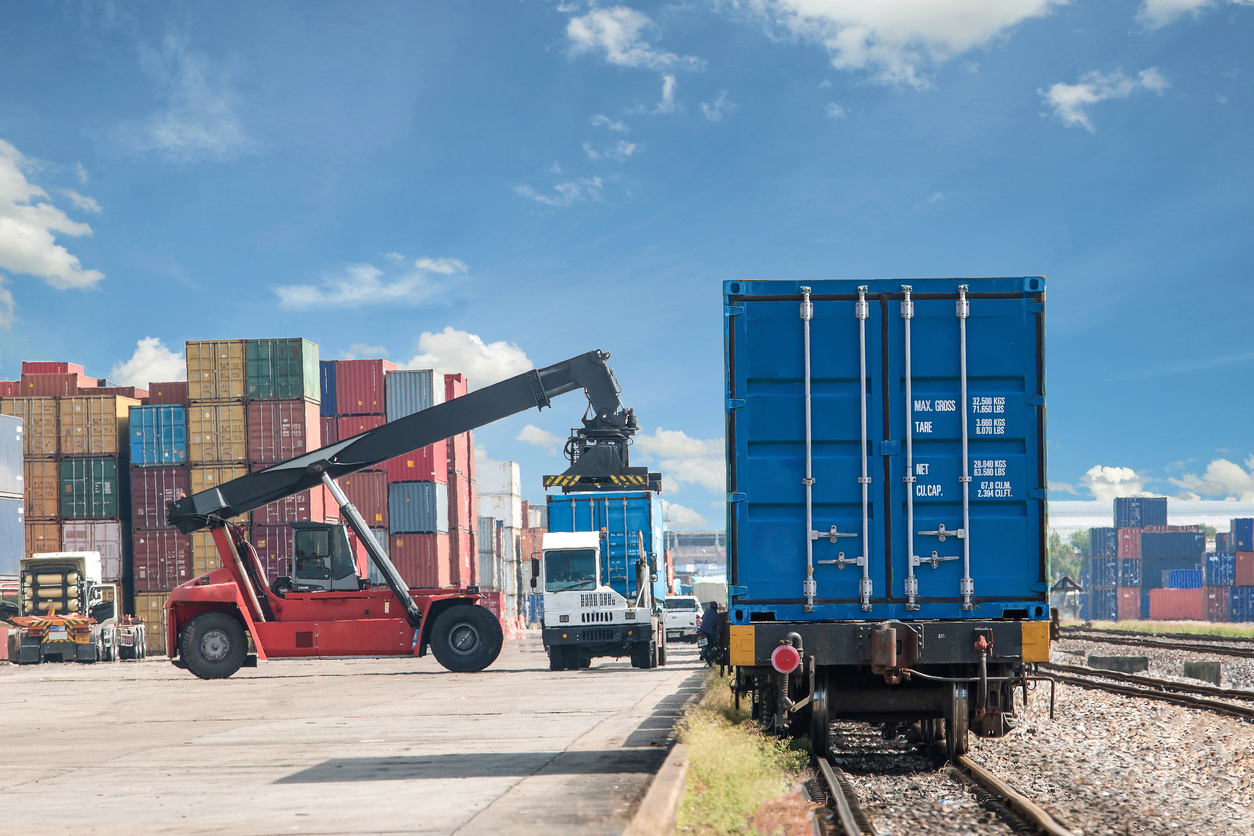
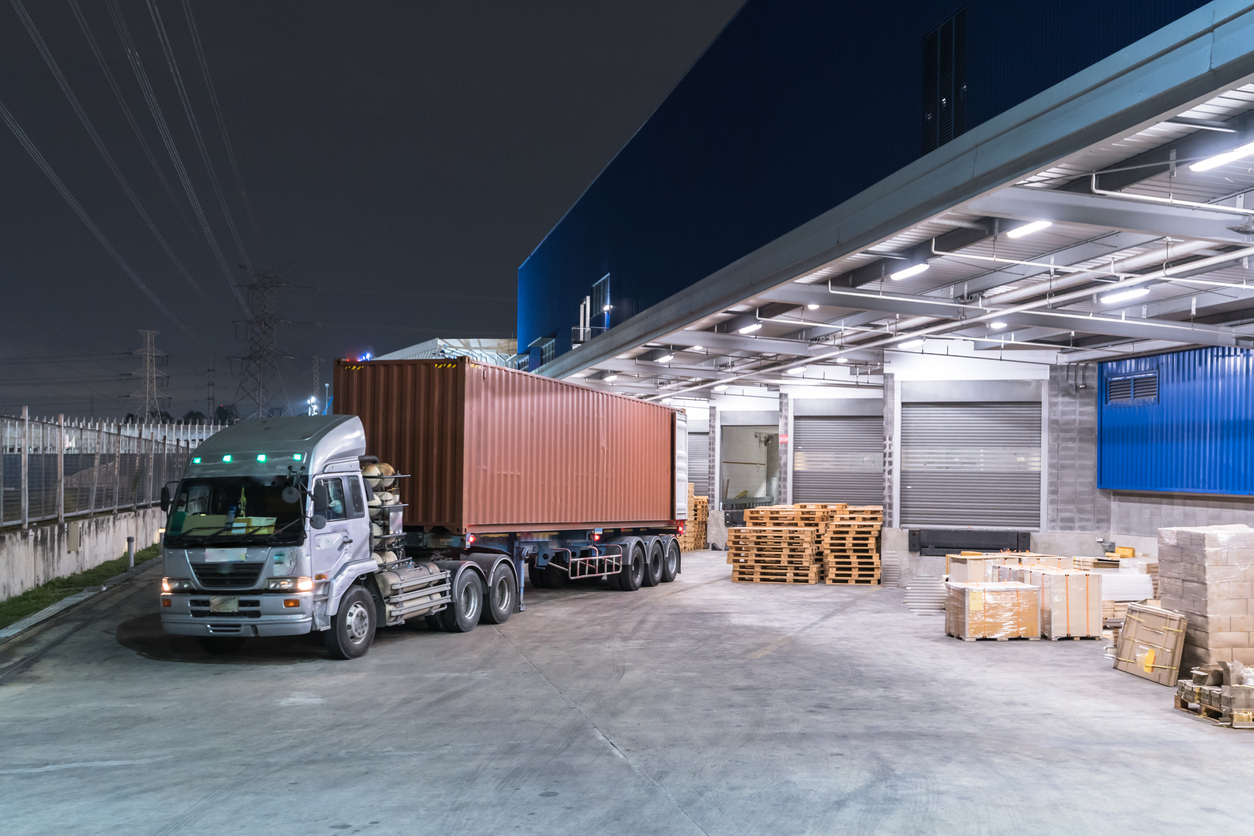
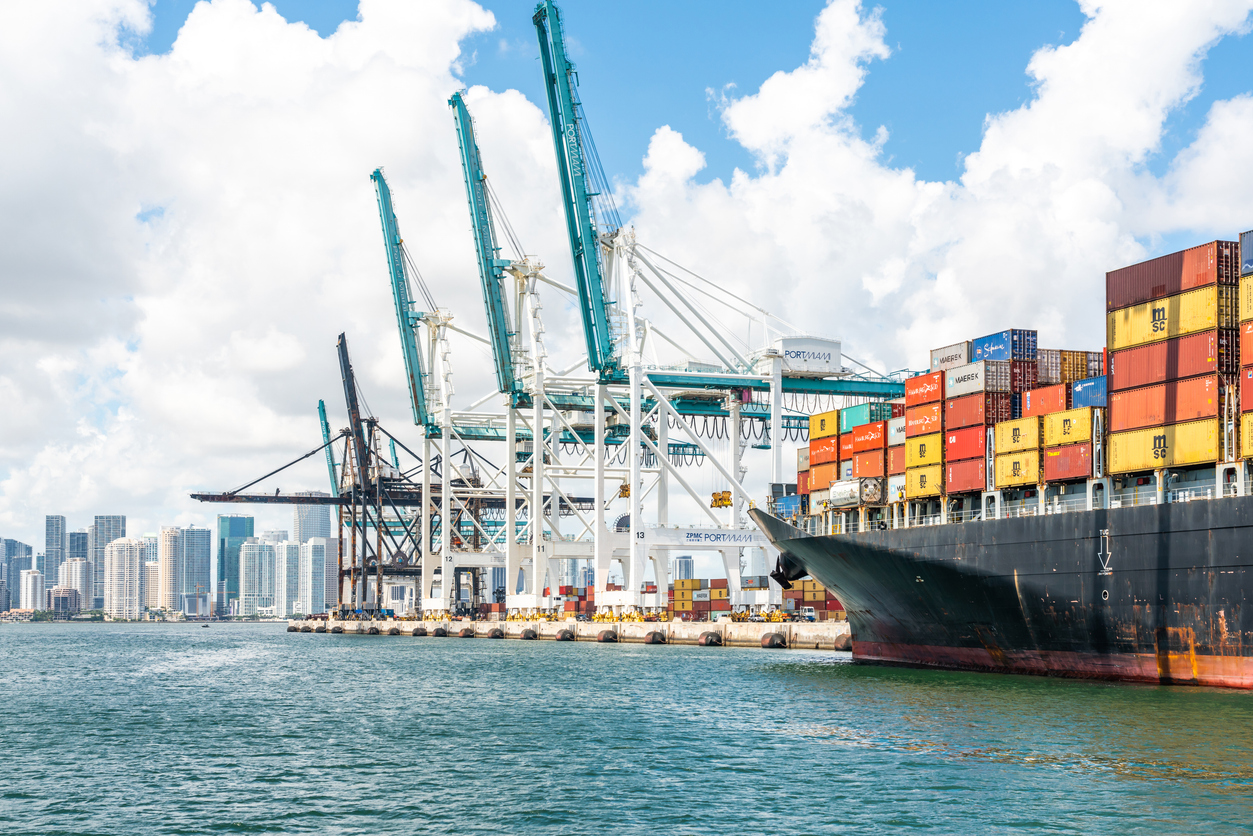
LEAVE A COMMENT
You must be logged in to post a comment.